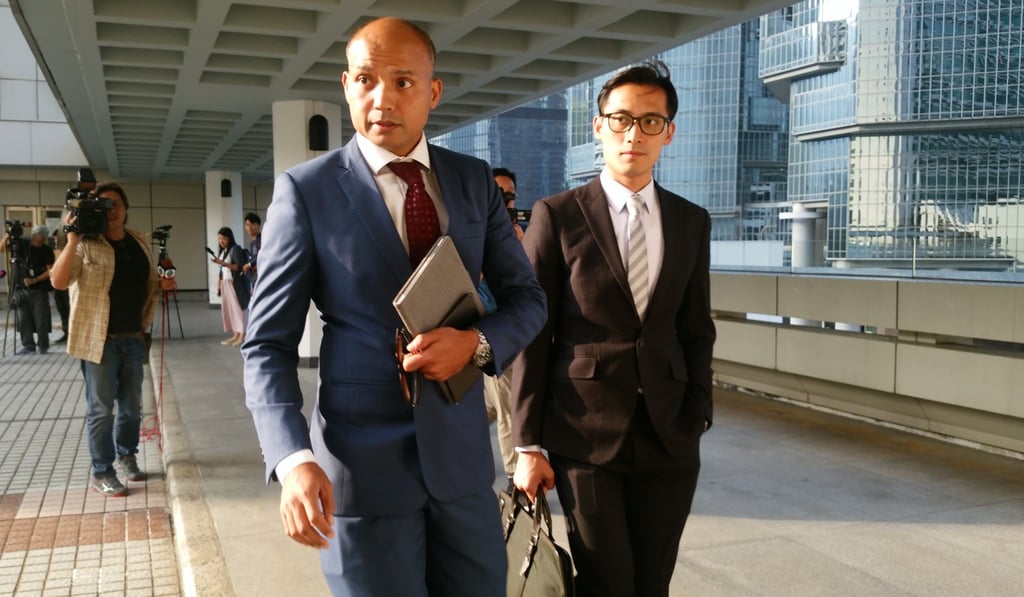Court grants interim injunction to ban doxxing of Hong Kong police
- Writ filed by the Department of Justice at the High Court seeks action against leaking of officers’ personal information, or that of their families, online
- Privacy watchdog has received more than 2,700 complaints of doxxing since June, with about a third involving police

Hong Kong’s High Court granted an interim injunction on Friday to help protect police from doxxing by banning the publication of officers’ personal details for harassment.
Department of Justice lawyer Jonathan Chang said after a closed-door hearing that the order would be effective until November 8, when a second hearing would be held to consider an extension.
The application, filed earlier in the day, was the latest move by police to counter the malicious, public display of officers’ personal data, which has hurt their families as well over more than four months of anti-government protests.
Herbert Li Kam-yiu, deputy civil law officer for the justice department, said outside court that the urgent bid was made “in public interest”.
He said doxxing attacks on officers had affected their work and caused psychological stress to their families who also worried about their own safety.

Both the government and police have not revealed the exact terms of the temporary court order, although Chang and Li said it was “more or less” similar to what was stated in their application form.